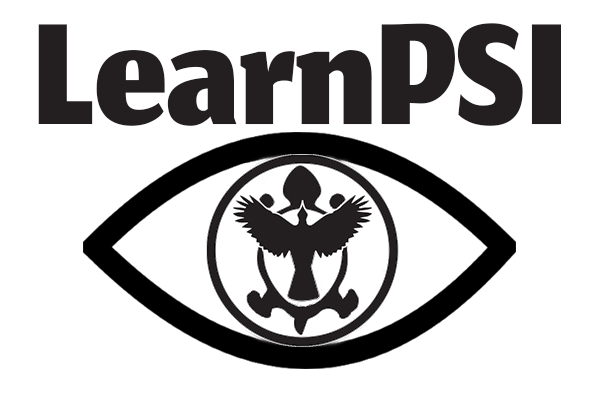I recently got a copy of the updated version of Pamela Rae Heath’s The PK Zone. The newer book, Mind Matter Interaction, includes research from 2000 to 2010. Most of this research doesn’t change much of our understanding of psi, but I was struck by one major detail: “belief” was no longer the most important factor. Instead, the research shows us, an openness to experience is the most important thing.
What does this change? For most of us, very little. But for a few, it opens possibilities that may not have seemed open before. In general, it’s been held that belief in psi, and particularly being from a psi-believing culture, was the largest predictor of success–and for good reason. If you’re a non-believer (not a skeptic, but someone who rejects that it is possible outright), then it’s very likely you’ll find psi-missing results in research you run. Additionally, you create an atmosphere, by your very presence and the unconscious cues and behaviors towards the psychics in your studies, that will make performance more difficult.
Psi is a skill like any other, and so it is much more difficult to perform under adverse circumstances. Even the most seasoned professional performers struggle under the pressure of an audience, and significant resources are spent working with professionals to keep them performing even under pressure. Those same resources aren’t available for psychics, of course; and nobody believes that being a hockey goaltender is impossible or that basketball players or musicians don’t exist. Nobody assumes that people claiming to be artists or writers must be frauds.
I’ve never liked belief itself as a factor for psi performance. After all, to paraphrase Phillip K. Dick, “reality is that which, when you stop believing in it, doesn’t go away.” If belief mattered then it would imply that psi wasn’t reality. If not believing in it could make it go away, then that would imply it’s a made up thing. But openness to the experience is a different thing. On some level, one must assume that openness to experience also factor in reporting and recognizing psi events outside the laboratory. This is what I, personally, am more interested in. Psi performance in a laboratory is quite a different thing from how it’s experienced “in the wild,” after all.
Historically, belief has been considered a major factor, but this new research paints a different picture. You don’t have to be psi-believing to perform MMI (the hot new term for PK). You just have to be open to the experience. Authentically open, sure, but believing yourself to be psychic, or being invested in the idea that psychic phenomena are real, isn’t at all necessary. What is necessary is being willing to accept that it’s possible. This slightly different nuance in the phrasing still addresses the problems of ownership resistance. In researchers, it still addresses problems of interference, but it no longer inclines us to spend too much time trying to cultivate a belief. Instead, we just need to overcome our disbelief. Good news for people who already demonstrate psychic talent, and not a big ask for most.

No responses yet